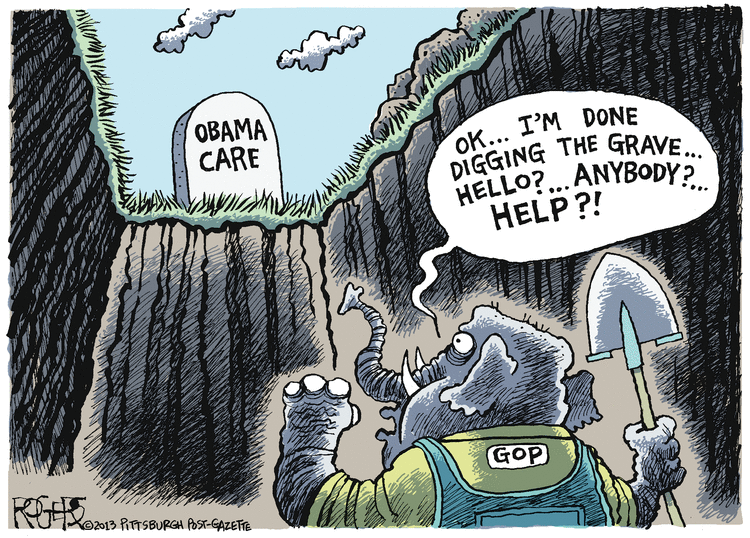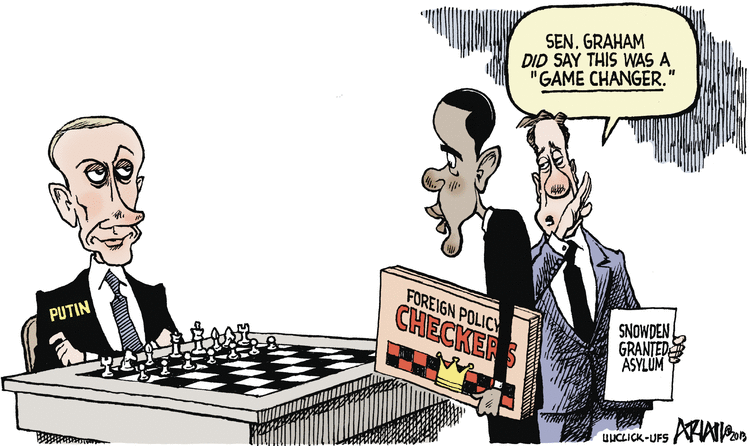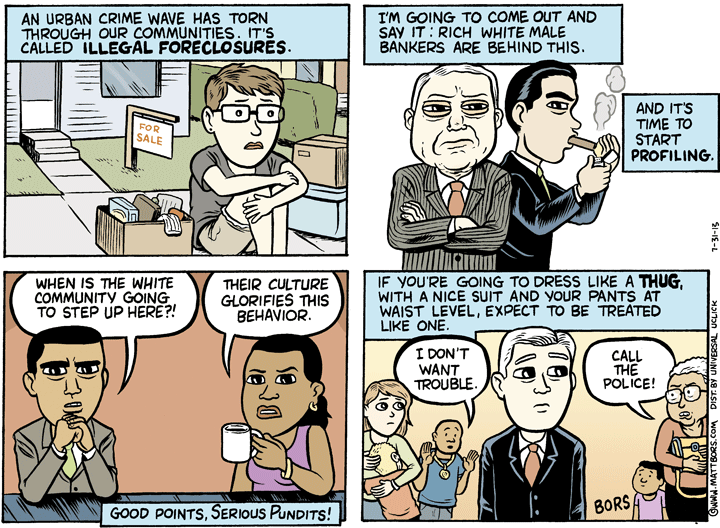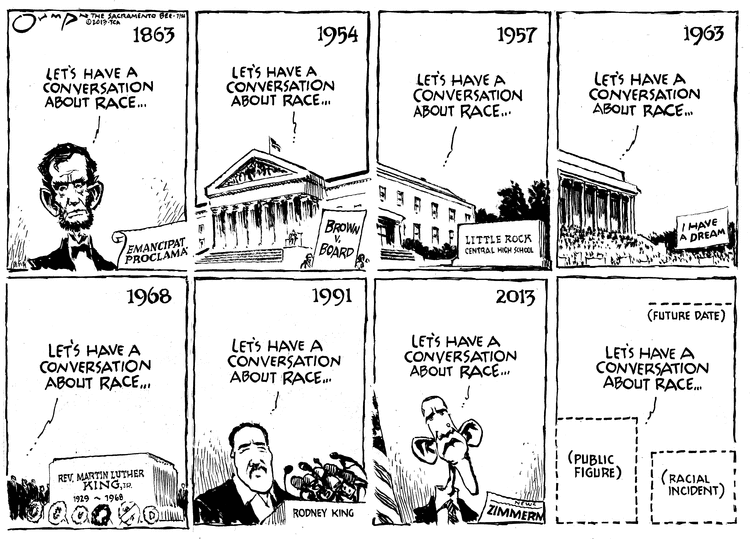World War II and especially the following Cold War saw a dramatic rise in the popularity of comic book heroes like Superman, Batman, Captain America and dozens of others. It was a time of tension and uncertainty, so it was comforting to have heroes who were on our side, even looking out for us, and doing the right thing even when we weren’t sure what the right thing to do might be. Superheroes gave us hope, and the comics gave us simple morality tales about good and evil.
So it is somewhat interesting to watch the huge number of movies now being created based on these same superheroes. The superheroes may be the same, but the enemies are now terrorists rather than communists or Nazis. I guess we need our superheroes again in this time of tension and uncertainty.
But it is instructive to look at these movies:
Some movies, like the popular Transformers series, present a jaw-droppingly clear and simple morality. There is never any doubt who are the good guys and who are the bad guys. I mean, what kind of creatures (even bad guys) would name themselves the Decepticons? And human collaborators with the bad guys never have even the slightest regrets, nor do they redeem themselves at the end. They just die (and presumably burn in hell). Is this a reflection of how we have dehumanized terrorists (and Islamists)?
The same thing could be said of movies like the Lord of the Rings (another franchise returning from the same period of history). There may be arguments between the good guys, but they are all good guys, and we instantly know who the bad guys are. Like, does anyone feel sorry for the orcs?
In both of these examples – Transformers, LotR, and in others like Spider-man – the hero is a bit of an “everyman”, flawed but manages to save the day despite his weakness. Does that represent us?
I also noticed something fascinating about the new Star Trek reboot. The second (recent) installment eliminated the first installment’s conflict between the heroes (Kirk and Spock). But in an interesting twist, the person who started out as the terrorist at the beginning of the movie was not the main bad guy after all. Instead, it was the Admiral — someone who was supposedly a good guy, the government representative who had awoken the terrorist and used him. Sound familiar? Even so, once the evil Admiral was exposed, he never had any regrets. He was unblinkingly willing to kill our heroes just to cover up his mistakes. And the real good guys (Kirk and Spock) discover the real bad guy (the Admiral) … by disobeying orders! Sound even more familiar?
This is taken a step further in movies like Serenity (yeah, I know, that was a few years ago, but it was the most recent example I could think of). In Serenity (and Firefly) the good guys are … actually bad guys. In case you haven’t seen that movie, they really are good guys, but they constantly act like bad guys. Breaking the law and doing things that they shouldn’t do, like exposing government lies and corruption. Are these our whistleblowers?
What are other ways current movies reflect our politics?
UPDATE: Really good article in The Atlantic about movies reflecting our politics. But the enemy in these films (Iron Man 3, White House Down, and The Lone Ranger) is corporate greed and war profiteering.






